Ever heard a loud noise in a manga when something suddenly explodes or slams shut?
That’s the moment you’ll see — or hear — “Ban!” (ばん!).
Before we dive in, hear what it sounds like!
What is “Ban!” (ばんっ!)?
“Ban!” is a Japanese onomatopoeia — a sound that represents a sudden, strong impact or burst.
It’s similar to the English “Bang!”, but it can describe a wider range of actions and emotions.
Used for:
- Explosions
- Doors slamming
- Something appearing suddenly
- Emphasizing surprise or intensity
Nuance:
Loud, energetic, dramatic — it grabs attention, just like a comic panel jumping out of the page.
Pronunciation
bahn!
(short, sharp, and full of energy)
Categories
Sound / Motion

What Does “Ban!” Look Like?
It looks like:
A dramatic turning point
A comic explosion bubble
Someone entering the room with flair

How Do You Say It?
Say it with energy — short, sharp, and full of impact:
Ban!
Like the sudden sound of a door slamming,
or a pistol firing in a comic —
Ban!
Examples in Daily Life
Example 1: Door slam
He stormed out of the room —
ban!

Example 2: Surprise entrance
The curtain opened suddenly —
ban!
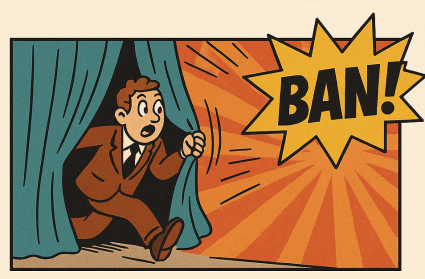
Cultural Note
In manga and anime, “Ban!” often replaces English “Bang!” or “Boom!”
But it can also convey visual or emotional impact, not just sound.
A “ban!” moment could mean something shocking, loud, or emotionally sudden.
Watch & Feel the “Ban!” World!
Feel the “Ban!” — the short, sharp, big sound
Try Using It!
When something happens suddenly —
when a scene changes with a jolt —
say it out loud:
Ban!






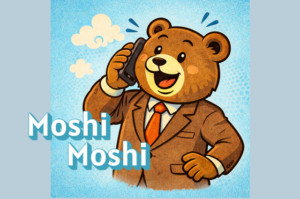
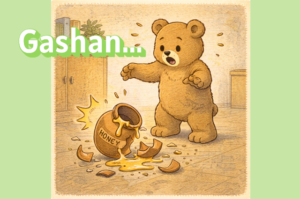

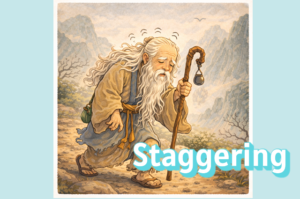
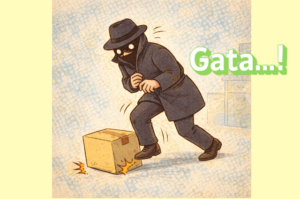
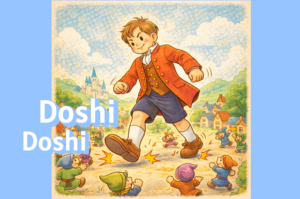
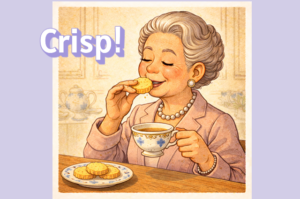
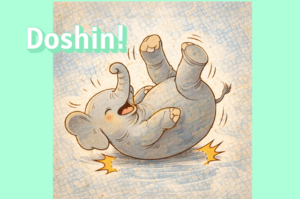
Comments